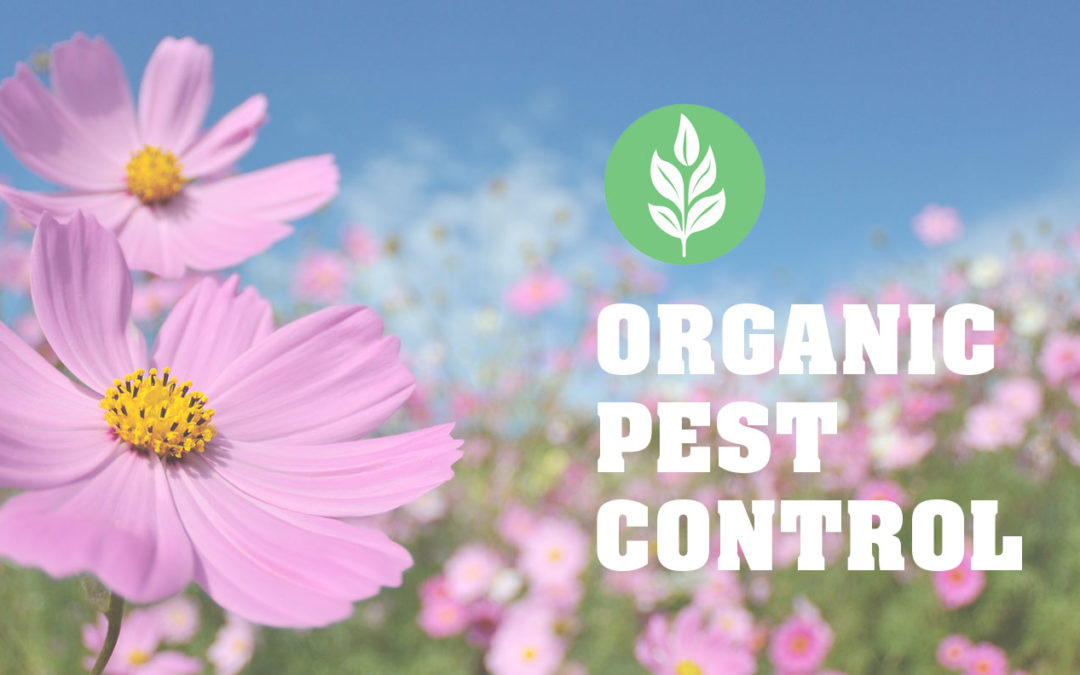Among the organic pesticides on the market, cedar oil is shown to deter and kill ticks, mosquitoes, and other crawling insects like roaches – and it’s safe for humans and pets!
Have you found any ticks crawling on or around you or your loved ones this season? If you live in New England, the answer is likely, yes! The tick population in this region has exploded in recent years, increasing your risk of contracting Lyme disease. But if you’re looking for information on organic pesticides, you probably are wary of using harsh synthetic chemicals in large quantities around your property.
Lyme disease can wreak havoc when it goes undetected – and its symptoms, like fatigue, fever, malaise, and joint pain, can be difficult to pinpoint on Lyme before the disease has progressed significantly! How to minimize your risk of contracting this and other tick- and mosquito-borne illnesses, without exposing yourself to toxic synthetic pesticides? The answer is organic pesticides – specifically, natural and organic cedar oil spray. This is what we at Kinder Spray specialize in applying around your home and property, for outdoor enjoyment that is tick, mosquito, and insect-free – naturally!
Are organic pesticides, like cedar oil, really safe?
According to the Center for Disease Control, in the 1990s, the Environmental Protection Agency (EPA) evaluated the active ingredients in a number of natural plant oil based pest control products for safety. “EPA determined that these all natural plant oils (like peppermint, thyme, eucalyptus, garlic, etc.) used in insect repellent products were safe for people and posed minimal risk to human health.”
The EPA has determined that cedar oil based products “pose little or no risk to human health or the environment. Consumers are not likely to be exposed to significant amounts of cedarwood dust or oil, either dermally or by inhalation, when using these products. EPA is not aware of any evidence of injury to human health or the environment due to their use.”
“Cedarwood oil is a mixture of organic compounds. It is considered Generally Recognized as Safe (GRAS) as a food additive by the Food and Drug Administration. As a pesticide, it repels insects by a non-toxic mode of action. EPA is not aware of any adverse effects caused by cedarwood oil pesticide products when used in a manner prescribed by their labeling. No incidents involving toxic effects have been reported to the Agency.” – EPA
How are organic pesticides applied for effective pest control?
Contact us today to schedule a free consultation. We’ll visit your home and determine the best plan of action for eliminating your pest problem using organic pesticides. This may involve clearing up tall weeds, leaves and debris, removing standing water, organizing your wood piles, and taking other measures that target favorite hiding and breeding places of problem insects. Then we’ll determine the best approach for spraying your property, based on your needs and budget. We offer a number of spray packages – browse our complete list to learn more!
Ready for a free consultation? Contact us today!
Sources for This Article:
Natural Tick Repellents and Pesticides – Center for Disease Control
Wood Oils and Gums (Cedarwood Oil) – Environmental Protection Agency

